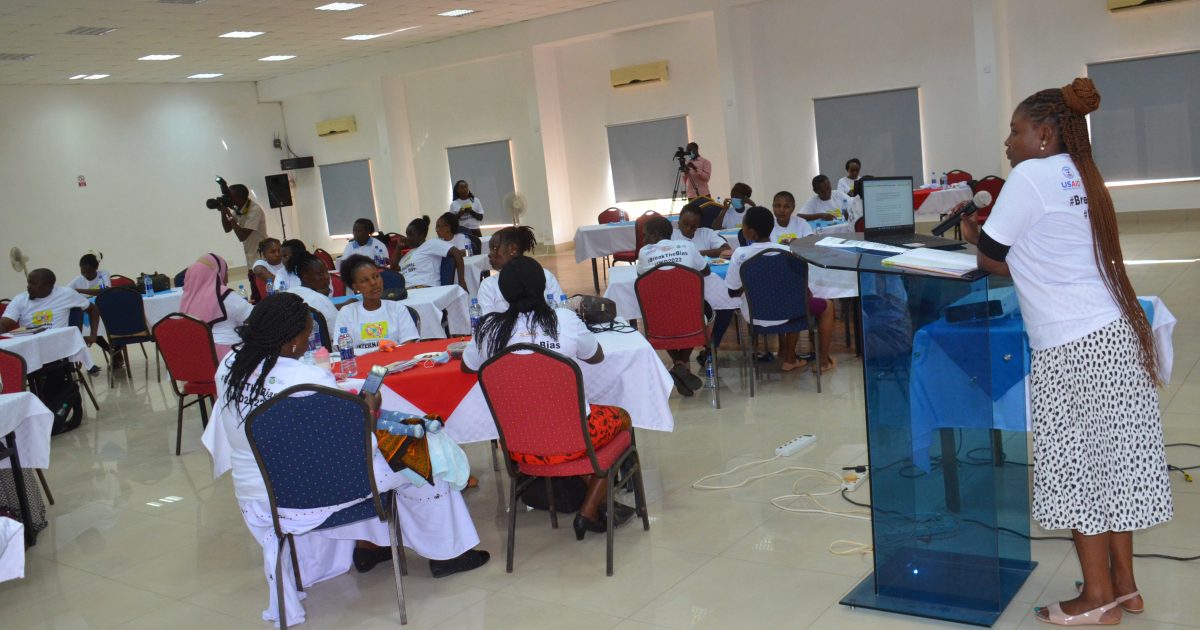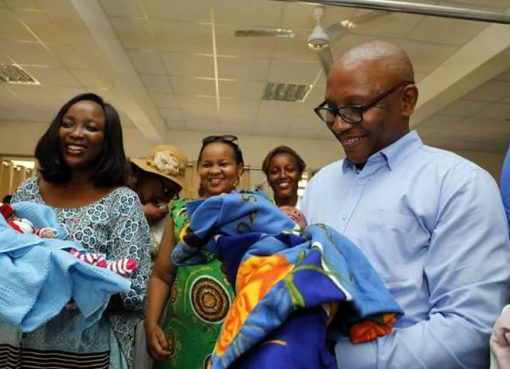Over 30 conservancies in Tsavo Conservation Area have launched a forum to amplify women’s voices in conservation activities and increase awareness on the long-term impacts of climate change on women from rural communities.
Taita-Taveta Conservancies Women Forum (TTCWF) aims to bring together hundreds of women who are members of local ranches and conservancies bordering Tsavo National Park and whose voices in the national conservation discourse have remained marginal.

Speaking in Voi on Monday during the launch of the TTCWF, Ms. Peris Mwakisha, a board member in Taita-Taveta Wildlife Conservancies Association (TTWCA) termed the formation of this forum as a huge leap towards adoption for an all-inclusive approach for women’s participation in conservation.
Ms. Mwakisha noted that women in the region remain woefully underrepresented in running the affairs of the conservancies and especially at the management levels where policy decisions are made. This, she noted, perpetuated the impression that conservation was a patriarchal role where women’s input was not required.
“This forum offers an opportunity to amplify our voices on conservation matters. On this platform, women can interact and adopt a united front to the push significant changes in policy and regulation that act as obstacles to their full participation in conservation,” she said
Amongst the issues the forum will address is to call for amendment of ranches’ constitution to allow inclusion of more women in senior levels of management. This might involve reviewing policies and rules that make it hard for women to vie for senior positions in ranches. The forum will also conduct awareness drives amongst ranch members on issues of gender mainstreaming.
Culturally, conservation and ranching are regarded as masculine roles. As a result, most women have been barred from taking up roles that are preserved for men. Currently, board of directors for over 33 ranches remain male-dominated with women being less than 10 per cent.
Ms. Joyce Peshu, gender officer at Kenya Wildlife Conservancies Association (KWCA), said the issue of women inclusion in conservation discourse was gaining traction across the country.
She pointed out that women were a key population that remained extremely vulnerable due to the challenges posed by climate change and global warming. She disclosed that a gender-parity survey done by KWCA across the 167 conservancies in Kenya showed women representation was dismally low.
“The gender statistics on directors of conservancies in Kenya still remain skewed in favor of men. The women forums are tools to initiate a discourse that will have more women in those roles,” he said.
Mr. Bong’osa Mcharo, the chair of TTWCA, hailed the forum and noted that women’s input would immensely benefit the conservancies. He however urged members of the forum not to accept roles in management by virtue of just being women but because they had ability to deliver on the set goals for conservancies.
“We have full confidence in your capacity to deliver. Your participation should not be merely because of gender issues but because you have the capacity to meaningfully deliver in supporting the conservation agenda in the region,” he said.
The meeting was attended by officials from several conservation groups. They include Flora and Fauna International (FFI), Africa Wildlife Foundation (AWF), World Wildlife Fund (WWF), Management for Arid Zones Initiatives Development Options (MAZIDO) and county government officials from the gender department.
Ms. Peninah Taki, a member of National Conservation Council and an official with Maasai Mara Women Forum, said the inclusion of women in the conservation agenda had the ability to bring attention to climate change at domestic level.
She noted that as part of mitigation against adverse effects of climate change, the women’s forum would mobilize stakeholders and donor partners to initiate sustainable enterprises that would bolster income at a household level.
“With women on board, it will be easy to support them to set up small-scale initiatives to boost their domestic income,” said Ms. Taki.
Ms. Susan Jepkemoi, Acting Chief Executive Officer (CEO) for Baringo County Conservancy Association, noted that such forums push for enhanced gender mainstreaming in conservation. She predicted that over time, more women would ascend to top levels of conservation management.
“This is the way to go. We expect now that concerns that affect women will be addressed because those affected will be the ones articulating their issues,” she said.
County Director of Youth and Gender Wallace Mwaluma said the county government was committed to addressing women’s issues at all levels. He disclosed that the department had developed a gender mainstreaming policy to close the gender-divide gap in terms of access to opportunities.
He further stated that the county would continue to support women’s clamor for involvement in conservation issues.
By Wagema Mwangi




